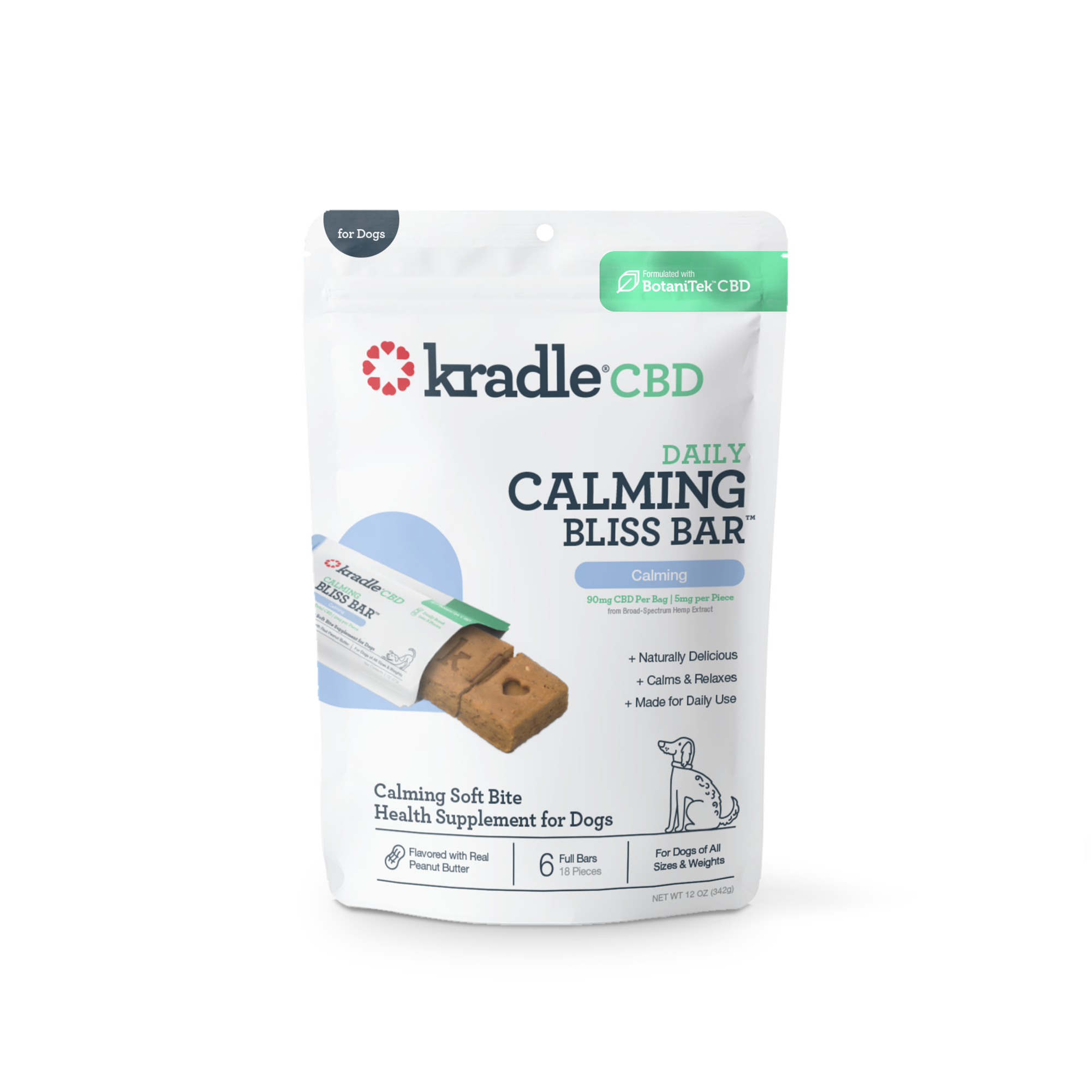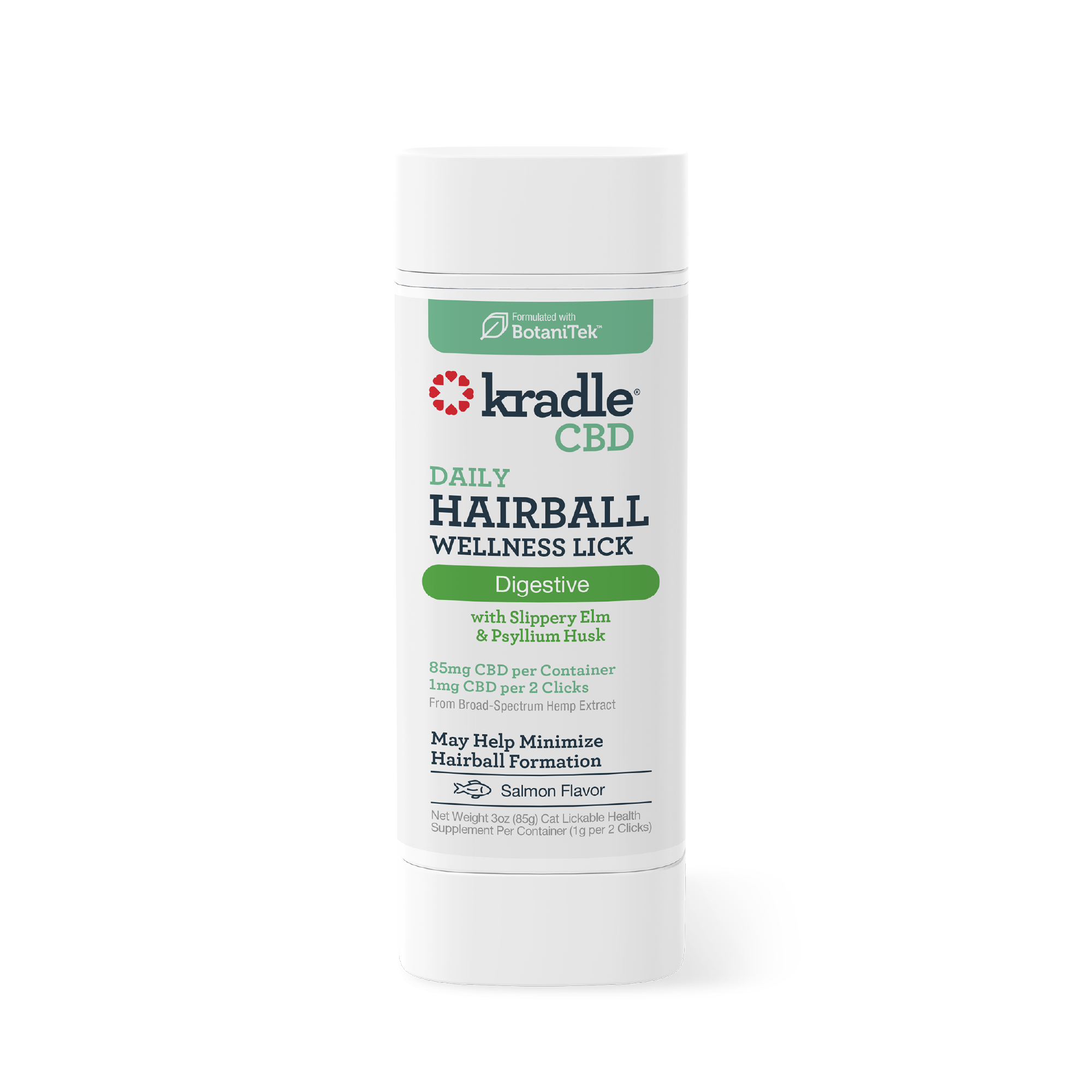
Why Do Dogs Shake? Causes, Symptoms & How to Help
You’re petting your dog like any other day, and suddenly, you notice a gentle, unexpected tremble—no storm, no excitement, nothing obvious, just shaking.
It’s easy to shrug off. But sometimes, it’s your dog’s quiet way of saying, “Hey, something’s up.” So what exactly could that be?
Let’s unpack the possible reasons so you know when to relax and when to step in.
Why Is My Dog Shaking?
Ever noticed your dog tremble for no apparent reason and felt that little jolt in your gut? That “something’s wrong, but I don’t know what” feeling? You’re not alone. Most of us, at some point, have asked ourselves, “why is my dog shaking so much?”
Now, sometimes, it’s nothing—honestly. A drop in temperature, leftover energy from play, or even a strange new sound outside can set off a quick shiver. Dogs are more sensitive than we think. They pick up on things we don’t even register.
But here’s the thing: sometimes, it’s not so harmless. Sometimes, that shake is the only way they can show they’re uncomfortable—maybe even in pain and it’s up to us to notice the patterns.
7 Common Reasons Your Dog Is Shaking
Let’s start with the usual suspects—some are harmless, others might need your attention.
Cold Weather – Temperature-related trembling
Smaller dogs and short-haired breeds feel the cold more than others. If your pup starts shaking after a chilly walk or post-bath, they’re probably just cold. A blanket, a towel, or your hoodie usually does the trick.
Excitement – Happy or overstimulated reactions
Some dogs literally shake with excitement. Say “walk” or grab the leash, and boom—the tail’s wagging, the body’s trembling. It’s not a problem unless it turns into frantic energy. Otherwise, it’s just joy.
Pain or Illness – Underlying medical conditions
If your dog is trembling and acting differently—less playful, hiding, not eating—it could be a quiet sign that something’s wrong. And that might lead you to wonder, why is my dog shaky, even when they’re not showing obvious pain?
Old Age – Muscle weakness and neurological issues
You might notice your senior dog’s legs tremble when they stand or walk. That’s often due to weakening muscles or age-related changes. It’s common but still worth mentioning at your next vet visit.
Stress and Anxiousness – Fear-based shaking
Thunder, car rides, and vet visits can cause full-body shakes in some dogs. It’s not bad behavior; it’s how they cope. A calm space or CBD dog supplements can help take the edge off.
Nausea & Digestive Issues – Motion sickness or upset stomach
If your dog looks uncomfortable, drools, or shakes during a car ride, they might be nauseous. Sometimes, it passes on its own, but if they stop eating or start vomiting, talk to your vet.
Muscle Fatigue & Weakness – Overexertion after intense activity
After a long hike or a big play session, your dog might shake just from being tired. Let them rest and recharge. If the shaking sticks around longer than expected, keep an eye on it.
Medical Reasons Behind Dog Shaking
Let’s look at the flip side—those less common causes of shaking that can signal something more serious going on beneath the surface.
Fever or infections
If your dog feels warmer than usual or seems super low energy, shaking could be their body trying to cool down or deal with discomfort.
Seizures or neurological conditions
Not all tremors are simple shivers. If the shaking is strange, rhythmic or paired with confusion, wobbliness, or staring off—it could be something neurological.
Poisoning or toxin exposure
Unfortunately, many everyday things can be toxic to dogs—grapes, chocolate, cleaning products, and some essential oils. Don't second-guess if the shaking comes on suddenly and you think they may have gotten into something. Call your vet or emergency clinic right away.
Hypoglycemia (low blood sugar)
This one pops up most often in tiny dogs or young puppies. If they haven’t eaten for a while, a drop in blood sugar might trigger trembling. A small treat might help at the moment, but if it happens more than once, it’s time for a vet check.
Arthritis and joint pain
Not all pain makes your dog yelp. Sometimes, it’s a slight tremble after getting up or a little hesitation before climbing stairs. Older dogs especially may shake because their joints are stiff or sore. It’s subtle—but something you’ll want to keep an eye on.
Addison’s Disease – Hormonal imbalances affecting muscles
Addison’s isn’t common, but it’s one of those “mystery” conditions that can cause fatigue, vomiting, and tremors. Thankfully, it’s manageable once diagnosed. A routine blood test can usually spot it.
Distemper Virus – Serious viral infection causing tremors
This one's rare in vaccinated dogs but not impossible. If your pup is shaking and has a cough, discharge from the eyes or nose, or looks really unwell, don’t wait. Distemper can move fast and needs urgent care.
Telltale Signs Your Dog Is Shaking Due to Stress
Sometimes, it’s not about the weather or a tummy ache. Sometimes, your dog is just overwhelmed. And because they can’t talk it out, their body does the talking. You might ask, “why is my dog shaking during fireworks but not at the park?” That’s the power of stress.
So, how do you know if the shaking is stress-driven? You’ll usually notice a pattern.
Shaking begins and ends with the stressful situation
Does your dog only start trembling when thunder rolls in, or fireworks pop outside? And then go back to normal as soon as the noise stops? That’s a big clue. It’s like their nerves flip a switch.
Additional signs of stress appear
Shaking rarely shows up alone. You might also see your dog panting when it’s not hot, pacing the room, hiding under furniture, or licking their lips a lot.
Your dog assumes a distinct body posture
You know that look. Tail tucked tight, ears flat against their head, maybe trying to curl up in a corner or under your bed. Some dogs avoid eye contact altogether when they’re overwhelmed—others won’t leave your side. Either way, their posture gives them away.
In those moments, your calm energy helps more than you realize. Don’t rush in with too much noise or pressure. Just be there. Let them come to you if they want. Give them a safe space to ride it out.
If this kind of shaking happens regularly, adding consistency to their routine and exploring calming aids can make a real difference.
When to Seek Veterinary Help for Dog Shaking
There’s “I’m stressed” shaking, and then there’s “this isn’t right” shaking. If you’re ever unsure, don’t ignore your gut.
Here’s when it’s time to get your vet involved:
Sudden, intense, or prolonged shaking
If the trembling comes out of nowhere and doesn’t ease up quickly, it’s worth checking out.
Accompanied by vomiting, weakness, or seizures
This combination points to something more serious, and you shouldn’t wait.
Shaking linked to recent toxin exposure
If there’s even a chance your dog got into chocolate, grapes, medicine, or cleaning supplies, treat it like an emergency.
Persistent tremors in senior dogs
Yes, older dogs shake more. But if it gets worse or starts affecting how they move or rest, it’s time to dig deeper.
How To Reduce Shaking During Stressful Situations
If you’ve figured out that stress is behind your dog’s shaking, you’re already ahead. The next step is creating a space—physically and emotionally—where your dog can breathe a little easier.
Provide a safe space your dog can escape to
Think of it like their own personal retreat. A cozy corner with blankets, a few familiar toys, and soft lighting—somewhere quiet and out of the way. No windows, no loud noises. Just calm. If they know there’s a spot that’s theirs to hide out in when the world feels too loud, it can make all the difference during thunderstorms or fireworks.
Give your dog a massage
Just like people, dogs hold stress in their bodies. Try starting behind the ears, then use slow, steady strokes down their spine. You’ll know pretty quickly if they’re into it—they’ll lean in, sigh, or even fall asleep mid-rub.
Opt for a belly rub or back scratch over a hug
This one surprises a lot of people. We want to hug our dogs when they’re upset because that’s what we find comforting. But for many dogs, hugs feel a little too “close.” Instead, go for something they enjoy—like a belly rub, a chest scratch, or just sitting quietly beside them. Let them choose the pace.
Try Kradle calming solutions
If your dog tends to spiral during stressful events, Kradle calming products can help take the edge off. Whether it’s chews, melt strips, or toppers, they’re designed to support emotional balance without sedation—just a gentle nudge toward calm.
And here’s something we often forget: your energy matters too. If you’re anxious, they’ll feel it. So stay grounded, move slowly, and be calm.
Home Remedies to Help a Shaking Dog
If you know what’s likely behind the shaking, you can often bring some comfort at home. Here are a few things that may help, depending on the cause:
Warm blankets for cold-related shaking
Sometimes it really is just the cold. Wrap them up, cuddle close, and let them warm back up. Most dogs will stop shaking within a few minutes once they feel safe and snug.
Hydration and food for low blood sugar
If your dog hasn’t eaten in a while—especially small breeds—they might just need a snack and water. Keep meals regular, and always have fresh water available, especially after activity.
Gentle exercise for arthritis relief
Older pups with joint pain often do better with short, consistent movement. Nothing intense. Just a calm walk around the block or some light play indoors to loosen things up.
CBD or calming products to manage occasional stress
Stress that builds over time—like from frequent travel, visitors, or separation—might respond well to calming supplements. Products like CBD dog supplements are an option worth exploring if you’re looking for a natural way to support their mood.
Electrolytes or vet-approved remedies for nausea
If your dog’s shaking seems tied to stomach discomfort, your vet may suggest an electrolyte mix or a bland meal (think boiled chicken and rice).
Even after you try these tips, if you still find yourself asking, “why is my dog shaky after resting or eating right?”—that’s a sign to dig deeper. A quick chat with your vet is always better than googling yourself into a panic.
Frequently Asked Questions
Why is my dog shaking so much?
It depends. It could be the cold, excitement, stress, pain, or even something they ate. Look at the full picture—timing, setting, and how they’re acting otherwise.
Should I be worried if my dog is shaking?
Not always, but trust your instincts. If it’s intense, sudden, or comes with vomiting, collapse, or confusion, get help.
Why is my dog shaking and panting?
That combo usually points to stress—or sometimes heat or pain. Try to identify a trigger and remove it, then monitor how they respond.
Can dehydration cause shaking in dogs?
Yeah, it can. Dogs cool themselves by panting, and they can lose water faster than you'd think—especially on hot days or after a big play session. If they’re shaking and look wiped out, get them somewhere cool and offer fresh water right away.
What can I do at home to stop my dog from shaking?
First, take a breath. Look at what’s happening around them—are they cold, hungry, thirsty? Handle those basics. Sometimes just warming them up or sitting quietly with them helps. If it feels like stress, calming chews or just giving them space can do wonders.
Can shaking be a sign of poisoning?
Sadly, yes. If your dog suddenly starts shaking and you also see vomiting or weird behavior—especially if they might’ve eaten something they shouldn’t have—call your vet. Don’t wait it out.
How do I know if my dog is shaking from pain?
It’s not always obvious. Some dogs won’t cry or limp—they’ll just act off. Maybe they flinch when you pet them, maybe they hide. If they’re not themselves and you’ve ruled out everything else, it might be pain. Go with your gut and check in with your vet.
Help your dog feel calm and secure with Kradle’s gentle, vet-formulated calming solutions. Trusted by pet parents nationwide, Kradle products work naturally—no sedation, just steady support when your dog needs it most.








